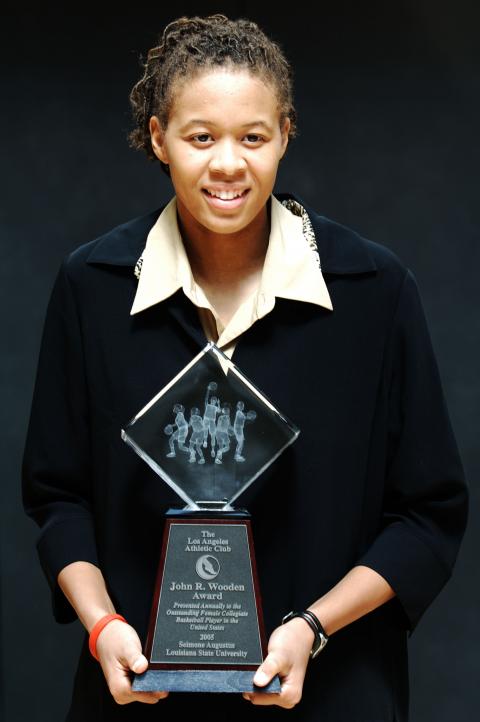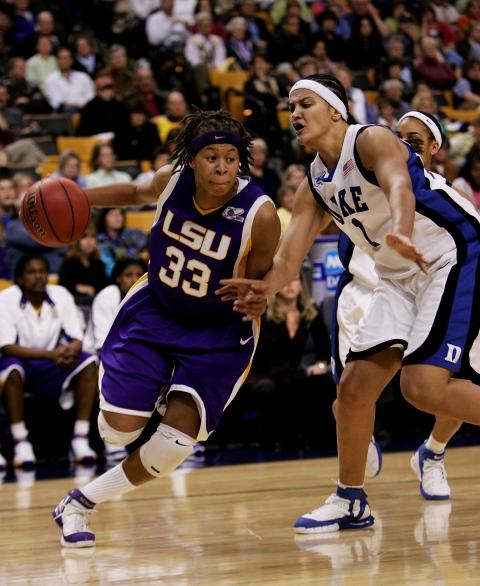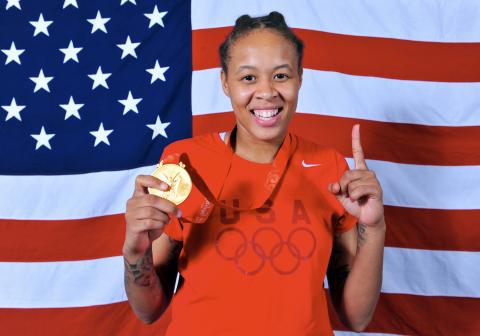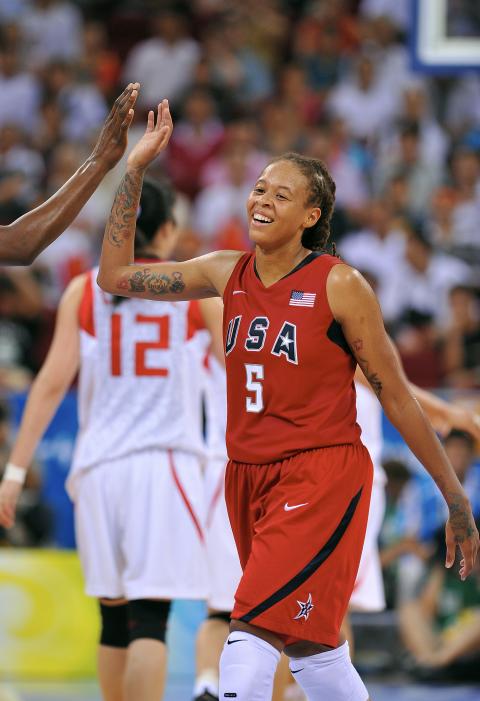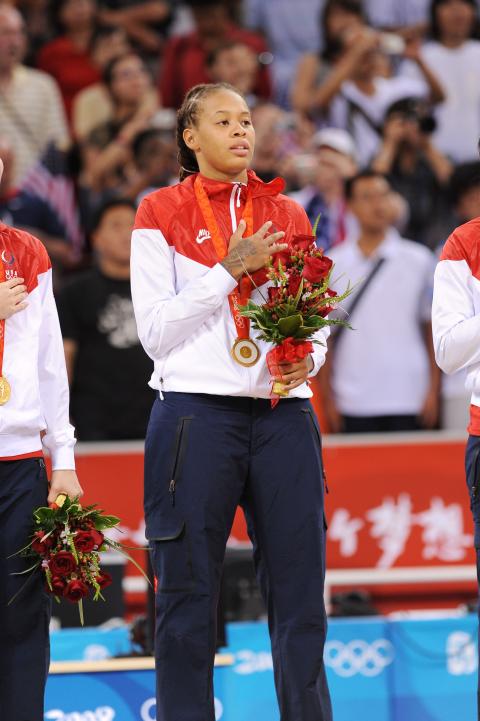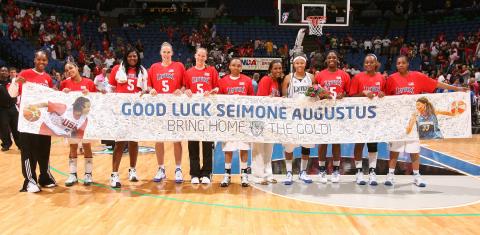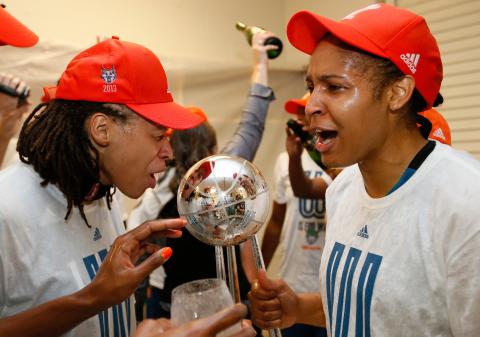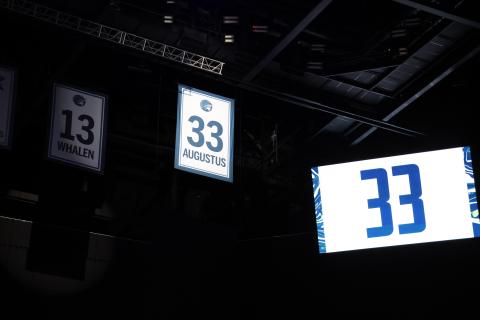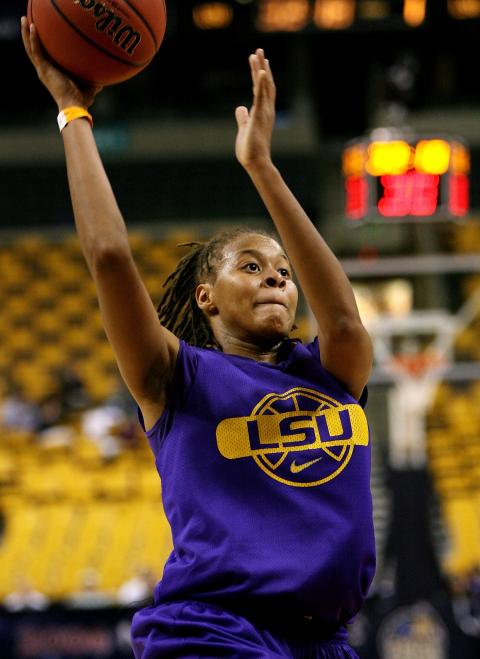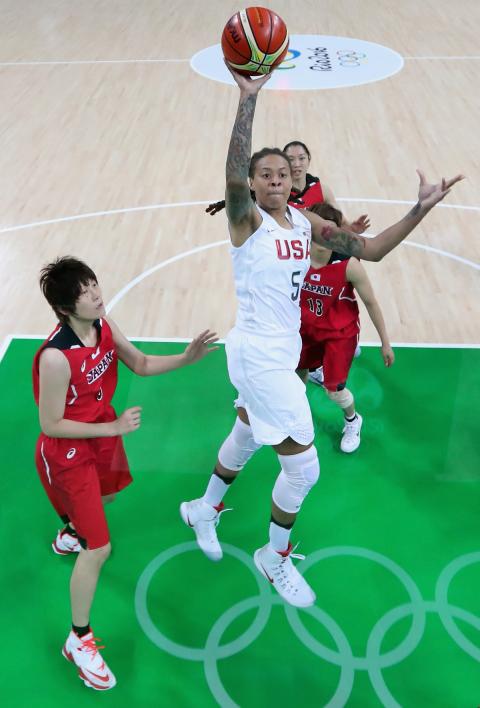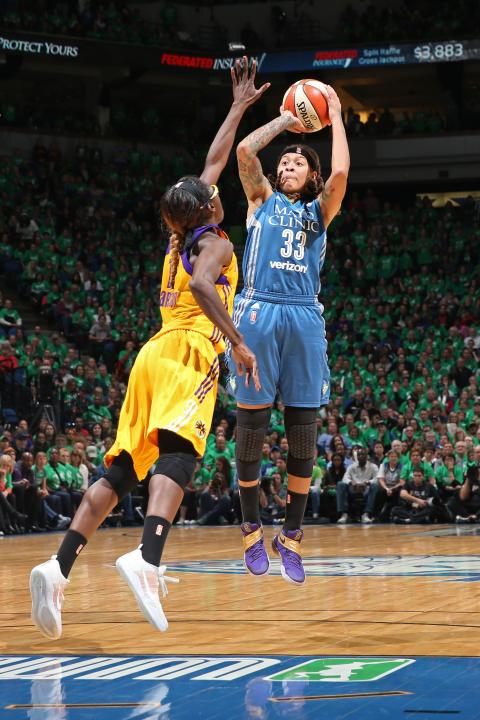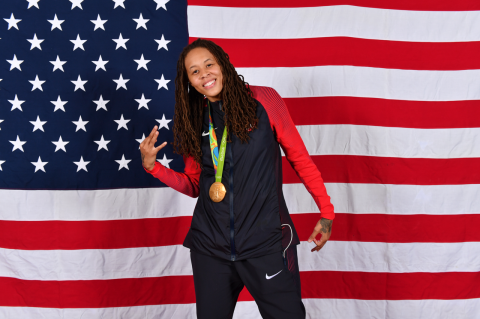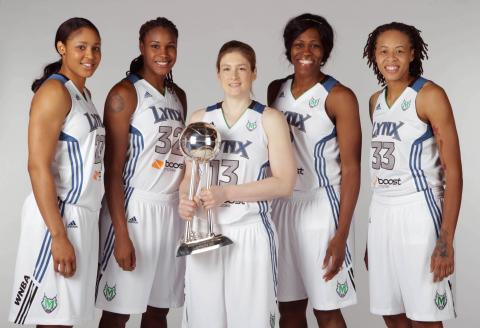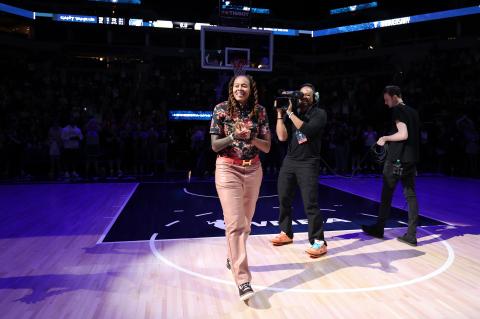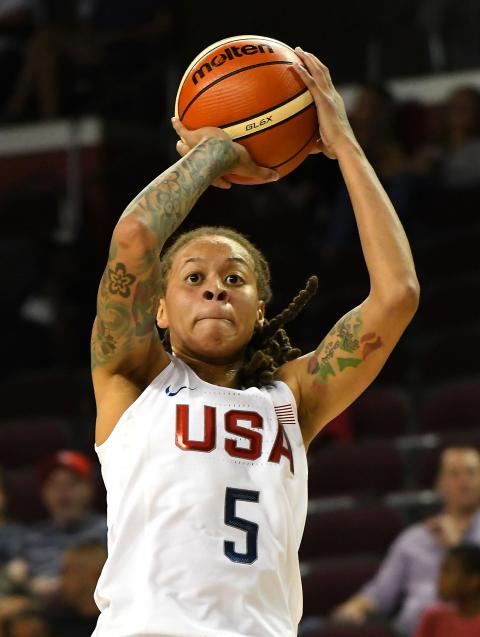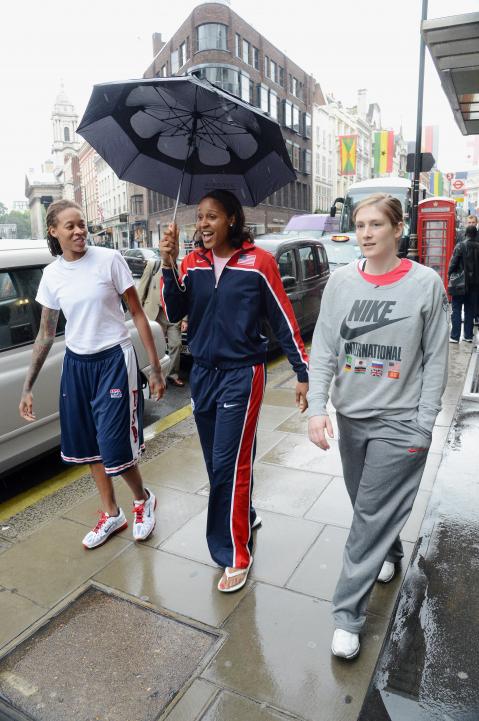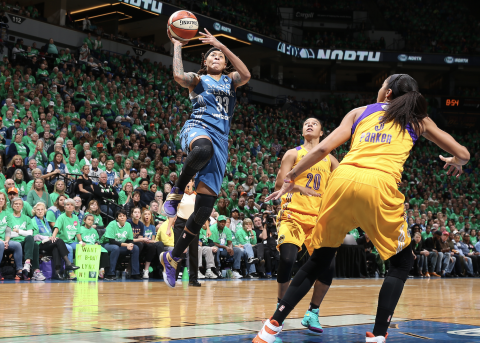As Caitlin Clark adjusts to her first season in the WNBA, very few individuals can relate to the immense pressure and insane expectations she’s saddled with as a “generational talent.”
However, one person who understands all too well is Seimone Augustus. At 14 years old, she was on the cover of Sports Illustrated For Women and the title read: "Is She the Next Michael Jordan? Meet Teen Phenom Seimone Augustus"
Unlike many teenage phenoms, Augustus actually lived up to the hype. After getting drafted No. 1 overall in the 2006 WNBA Draft, she became a three-time gold medalist, four-time WNBA champion, WNBA Finals MVP, eight-time WNBA All-Star and six-time All-WNBA selection. Her trophy case also includes two EuroCup titles, a Turkish Cup, a EuroCup MVP award, two Naismith Player of the Year awards and two Wooden Awards.
In recent years, the honors have continued to pile up. Augustus was recently inducted into the Naismith Basketball Hall of Fame and Women's Basketball Hall of Fame. She was named to the WNBA's 20th and 25th Anniversary Teams. LSU unveiled a statue in her honor outside of the Pete Maravich Assembly Center – the first female athlete in school history with a statue. And shortly after this interview, Augustus joined Kim Mulkey’s coaching staff at LSU.
Legends Magazine caught up with Augustus to discuss her Hall-of-Fame induction, the state of women’s basketball, her coaching career, her advice for retired athletes and much more.
